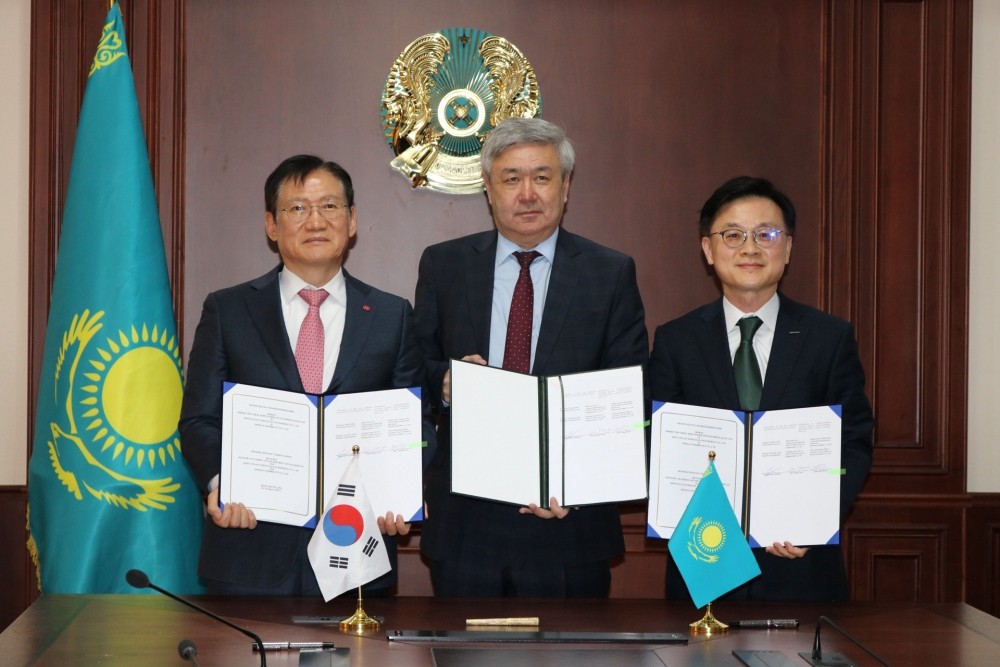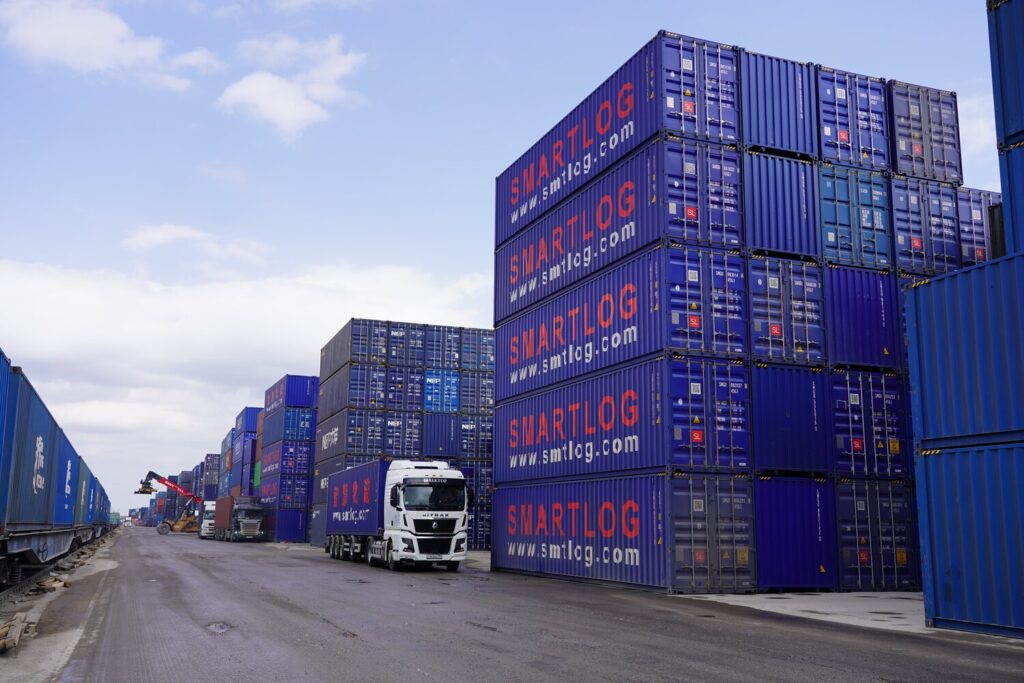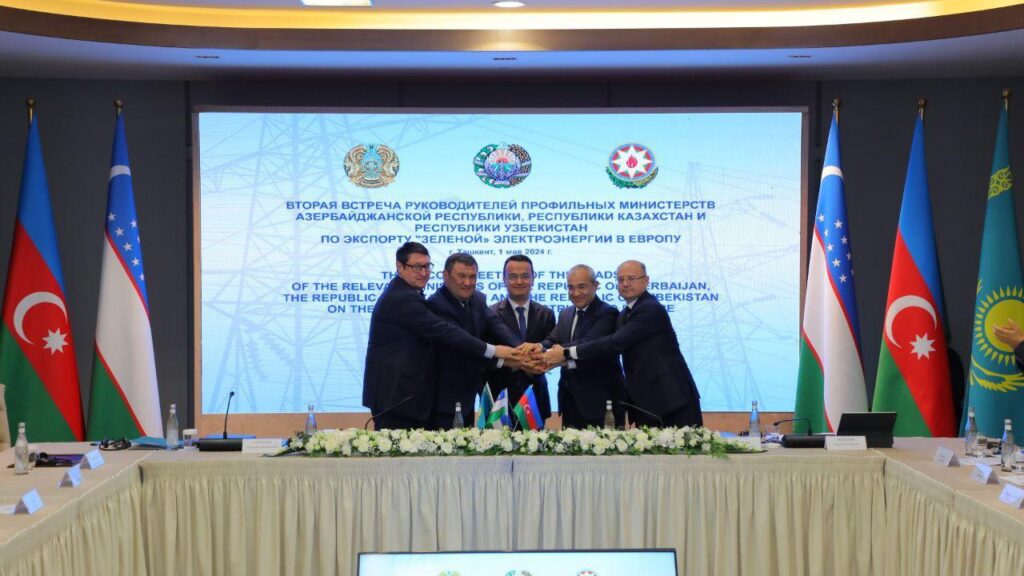Viewing results 7 - 12 of 132
The first Kazakh kindergarten in the U.S. has opened in the state of California, and its a project developed and operated by natives of Kazakhstan. The main purpose of the educational center is to work for the preservation of national culture abroad, reports the news site 24.KZ. The idea to create a kindergarten replete with Kazakh-language instruction education came to Zhanna Atabekova. According to her, through the new school, citizens of Kazakhstan who live and work in Silicon Valley can now instill national values in their children. "We want our child to receive the same upbringing as if he or she was raised by grandparents. This kindergarten is important to preserve our language," parents stated. Earlier, President Kasym-Jomart Tokayev spoke out on the issue of a national language policy, expressing confidence that Kazakh would become the main language of inter-ethnic communication. At the end of last year, Kazakhstan's Ministry of Labor and Social Protection reported on its efforts to open education and training centers to help prepare Kazakhs for work abroad. According to official data, more than 194,000 citizens currently work abroad: 162,700 in Russia, 13,100 in Poland, 6,000 in South Korea, and 5,000 in Britain.
The Parliament of Kazakhstan has approved an increase in the cost of transit of Russian oil across Kazakhstan to China. At the same time, the volume of transportation will increase to ten million tons annually from the previous figure of seven. The document amends the agreement between Kazakhstan and Russia on the transportation of hydrocarbons through the territory of the Republic. The prior agreement was signed in December 2013. According to the new amendments, the tariff for transit on the pipeline section Tuimazy-Omsk-Novosibirsk (TON) will be set at $2.1 per ton, and through the territory of Kazakhstan - $15 per ton. According to Senator Suindik Aldashev, the agreement will be valid until January 1, 2034. Earlier, Kazakhstan Energy Minister, Almasadam Satkaliev said that Rosneft has signed an agreement with SNPS-Aktobemunaigas, which is controlled by the China National Petroleum Corporation (CNPC), to supply 100 million tons of oil over a period of ten years. The extension of the agreement will ensure that the Pavlodar petrochemical refining plant will be loaded with oil that comes through the Omsk-Pavlodar pipeline. It's forecasted that the Kazakh side's profit from transportation tariffs could reach $1.7 billion.
At the end of April, a Memorandum of Understanding was signed by the Ministry of Energy of Kazakhstan, KEPCO and Doosan Enerbility regarding the South Korean companies’ investment in modernizing Kazakhstan’s GRES Topar power plant and power plants in Astana, Almaty, and Pavlodar. Kazakh Invest welcomed the Korean partners’ pledge to provide innovative environmental solutions to increase the plants’ productivity. In support of the initiative, Kim Jung-Kwan, Senior Vice President of Doosan Enerbility, commented, "The environmental solutions of KEPCO and Doosan Enerbility are optimal for the government of Kazakhstan, which seeks to reduce the level of air pollution in the country. After signing this memorandum, we will work together to contribute to the development of environmentally friendly energy projects in Kazakhstan.”
Kazakhstan’s national railways company Kazakhstan Temir Zholy (KTZ), Russia’s Slavtrans-Service JSC, and China’s Xian Free Trade Port Construction and Operation Co., Ltd have begun construction on a new transport and logistics center, CRK Terminal, at Selyatino station in the Moscow region. The new logistics hub is designed to develop direct transport links between the Kazakh-Chinese terminal in Xi'an (China), Russia and other countries. In 2023 the volume of cargo transported by rail between China and Russia through Kazakhstan amounted to 3.8 million tons, an increase of 35% compared to 2022. In the first quarter of 2024, transit traffic along the China-Russia-China route remained at a stable 0.9 million tons.
On 30 April , Singaporean company Global DTC gave a presentation of multimodal platforms Digital Trade Corridor and Tez Customs at Kazakhstan’s Ministry of Transport. The demonstration reiterated benefits afforded by digitalization in ensuring transparency and high-speed transit of goods through Kazakhstan along the Trans-Caspian International Transport Route (TITR) connecting China and Europe through Central Asia and the Caucasus. The DTC platform, and particularly its Track & Trace service, allows shippers to track the location of cargo and its customs status online, as well as update information on transport documents along the entire route. Work on the technical integration for Track & Trace in Kazakhstan and Azerbaijan has now been completed, and its integration in Georgia is ongoing. Negotiations are also underway with Chinese and European partners. The introduction of the Tez Customs platform, by offering automated, paperless customs transit clearance, registration and electronic transit declaration, has reduced processing to just 30 minutes. During the first quarter of this year, cargo traffic along the TITR increased by 33% compared to the same period last year.
On 1 May , Azerbaijan, Kazakhstan, and Uzbekistan’s ministers of energy gathered in Tashkent to sign a memorandum of cooperation aimed at connecting their countries’ energy systems. The focus of the initiative is to explore means of connecting energy systems via a high-voltage cable embedded in the Caspian Sea to enable further export of green energy from Azerbaijan, Kazakhstan, and Uzbekistan to European Union countries. Referencing the parties’ earlier draft technical specification for the deep-sea cable, Kazakhstan’s Minister of Energy Almasadam Satkaliev stated, “A proposed business model will be prepared for the development of international transmission corridors - financing, revenue, ownership - and the sale of green energy to European Union countries.” Meanwhile, Asiaplustj.info reports that Tajikistan is still not being envisioned as a part of the system. As that publication notes, Uzbekistan's energy system currently operates in parallel with the energy systems of Kyrgyzstan and Kazakhstan within the framework of the United Energy System of Central Asia (UES CA), which was created under the Soviet Union. This system was abandoned by Turkmenistan in 2003 because Uzbekistan refused to allow transit of Turkmen-produced electricity through its infrastructure. "In November 2009, after a major accident in Tajikistan's energy system, Uzbekistan unilaterally left the UES CA, which automatically left Tajikistan out of this system as well. In 2018, Uzbekistan restored parallel operation within the regional system. Since 2019, with financial support from the Asian Development Bank, work has been underway to bring Tajikistan back into the unified energy ring of Central Asia. The Ministry of Energy of Tajikistan last summer reported on its intentions... to join the regional system by the end of 2023. but this has not happened so far," the report noted.








